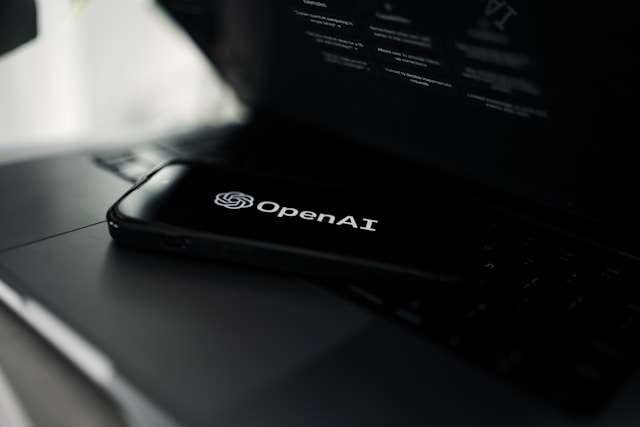 AI
AI
 AI
AI
 AI
AI
OpenAI Chief Executive Sam Altman today announced that he was withdrawing the free-tier rollout of the new image-generation tool trained partly by the renowned Japanese animation school Studio Ghibli after images flooded the internet just a day after its release.
Altman explained that the “rollout to our free tier is unfortunately going to be delayed for a while.” This came after the internet was pervaded with images, including the reimagining of 9/11 and the Kennedy assassination in the style of the studio that created the hit animation film “Spirited Away.”
The popularity of the new product has elicited concerns over AI consuming art, with questions of AI copyright infringement again coming to the fore. The new generator’s style is unmistakably that of the Japanese studio, and it seems OpenAI hasn’t paid for this. Just yesterday, the New York Times gained the right to proceed with a lawsuit over a similar matter, only involving words, not pictures.
“We added a refusal which triggers when a user attempts to generate an image in the style of a living artist,” OpenAI said in a technical paper release this Tuesday. The company later added in a statement that it “permits broader studio styles – which people have used to generate and share some truly delightful and inspired original fan creations.”
Studio Ghibli and its North American distributor have yet to comment. The studio’s founder, Hayao Miyazaki, 84, also hasn’t commented, but he may perceive this as blasphemy in art. In 2016 after being shown an early version of AI-created art, he said he was “utterly disgusted,” though this was concerning the image of a head dragging a body. Nonetheless, he said he would never “incorporate this technology into my work at all” and that it is “an insult to life itself.”
The artist Karla Ortiz, who is presently suing other AI firms over copyright infringement, told the Associated Press that this is “another clear example of how companies like OpenAI just do not care about the work of artists and the livelihoods of artists.” She called the use of someone else’s work to promote OpenAI’s product an “insult” and “exploitation.”
Support our mission to keep content open and free by engaging with theCUBE community. Join theCUBE’s Alumni Trust Network, where technology leaders connect, share intelligence and create opportunities.
Founded by tech visionaries John Furrier and Dave Vellante, SiliconANGLE Media has built a dynamic ecosystem of industry-leading digital media brands that reach 15+ million elite tech professionals. Our new proprietary theCUBE AI Video Cloud is breaking ground in audience interaction, leveraging theCUBEai.com neural network to help technology companies make data-driven decisions and stay at the forefront of industry conversations.